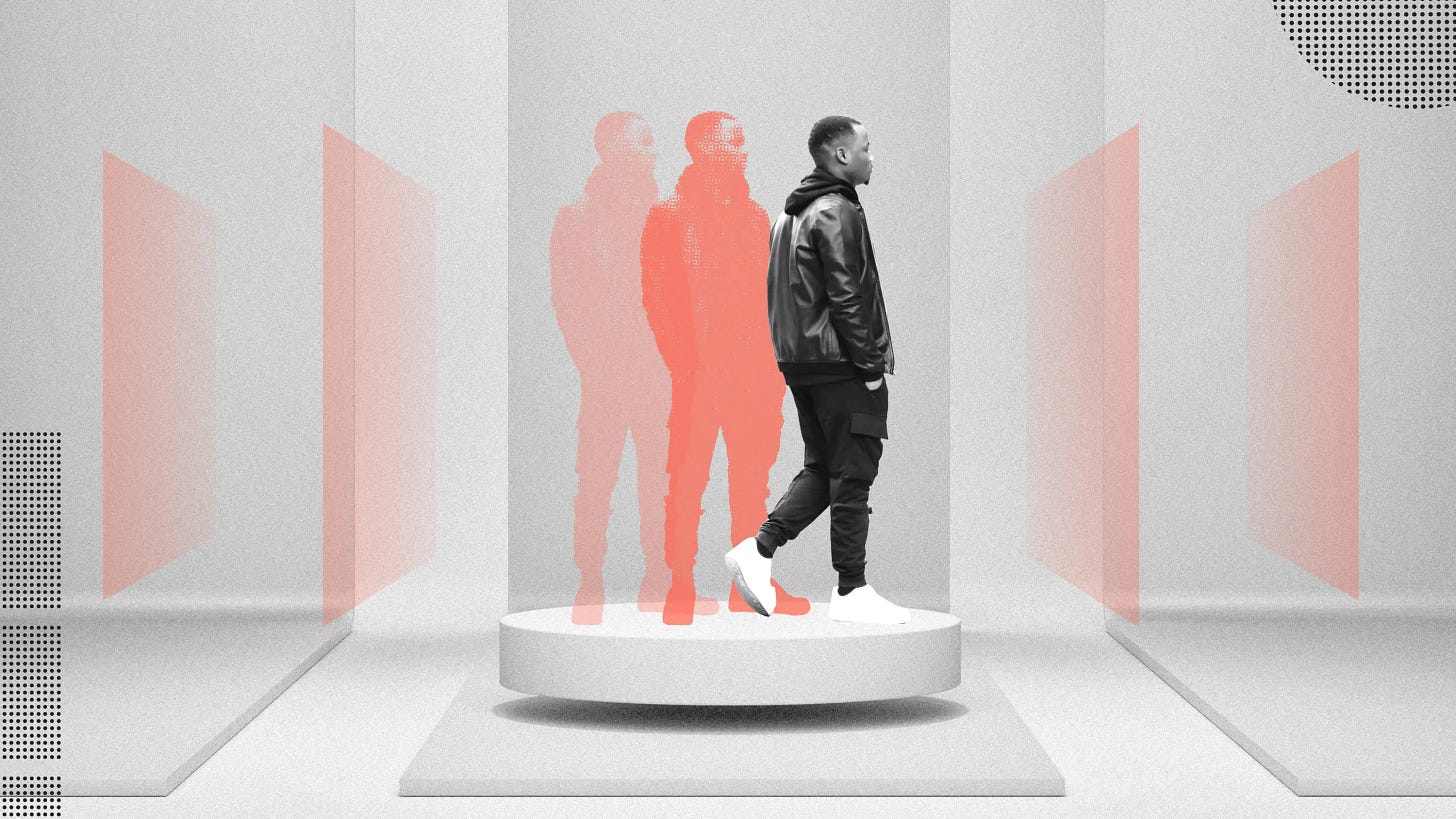Listen to the audio essay:
Lately, I’ve been thinking a lot about truth.
Not capital-T Truth. Not facts or proof points or mis/disinformation.
I mean the kind of truth that sits below the surface.
The kind of truth that can’t be prompted into existence by an AI tool, or packaged into a slick deck by a strategist, or downloaded from a playbook.
I started thinking about this after reading a recent piece by Paul Worthington on the increasing sameness of marketing in the age of AI. (Here’s the article if you want to read it.)
His argument goes something like this: when tools like ChatGPT are becoming the go-to solution for building strategies, and writing content, and shaping campaigns, you end up with a blend of every best practice, every hot take, and every expert tip floating around the internet. Which means you’ll probably get a solid B-minus. But the ideas are not rooted in your truth.
That’s not how you stand out. And it’s definitely not how you build a brand.
And honestly, this isn’t just about marketing. Marketing is just one place where this problem will propagate. The real conversation is about how we — as individuals, as organizations, as movements — choose to show up.
What’s your truth?
Not your slogan. Or your CTA. Not your quarterly campaign.
Your lived experience.
Your greater purpose.
The deep sense of knowing that fuels the work.
Because without that, what are we even doing here? We’re just performing.
Checking boxes. Chasing algorithms. Optimizing for engagement while forgetting about resonance.
The challenge for social impact orgs
This is especially complicated in the social impact space. We have to align with donor priorities. We have to prove our impact. We have to speak to multiple audiences with different power dynamics. We have to balance community insight with institutional expectations.
But if we lose sight of our own truth in the process — if we contort our message too far to meet someone else’s idea of what’s important — we risk erasing what’s most valuable about the work.
Lessons from the field
Lately, we’ve been in a deep partnership with the Institute for Social Transformation at UCSC that’s reminded me how important this is. Their approach to community-led research and co-creation is a powerful reminder that you can’t build meaningful solutions without lived experience at the center.
And no AI, no consultant, no philanthropist/funder — no matter how experienced, powerful, or connected — can replicate that.
How I'm thinking about this right now
So I’ve been reflecting:
What’s our truth as a brand?
As a team?
As individuals doing this work every day?
How do we make sure we’re creating from that truth and not just reacting to trends, repackaging what worked last time, or chasing someone else’s version of what success looks like?
I don’t have all the answers. But I know this:
The brands, campaigns, and organizations that resonate most — the ones that make you feel something — are the ones that speak from a deep place of knowing.
That takes reflection. Courage. A willingness to be different. To be honest.
That’s what I’m trying to do right now and how I’m trying to show up as a human being doing this work. You might’ve noticed a shift in my content. That’s not an accident.
We’ve spent years sharing tips, tricks, frameworks, and playbooks. If that’s what you’re after, you can still find a ton of it on our website — and it’s legit stuff too!
But lately, that’s not what’s driving me. And if I’m being honest, it’s not what’s lighting me up.
So that’s not what I’m publishing.
And if it means fewer clicks or lower conversion rates, so be it.
So what does this mean for you, as a social impact leader?
It means you may need to slow down before you speed up. Reconnect with the core of your work. Revisit your lived experiences. Create space for your team and your community to share theirs.
Then ask:
What do we know to be true?
What are we here to change?
What would it look like to communicate from that place — every time?
In a moment of infinite content, ruthlessly — radically — creating from that truth is a massive differentiator.
Quiet clarity might just be the loudest move you can make right now.
What's your truth?
I'd love to hear from you:
What does "truth" look like for your organization right now?
How are you navigating the tension between resonance and performance?
What gets in the way of you creating from your truth in this moment?
Hit reply and let me know. (I read every response.)
More soon,
Eric



